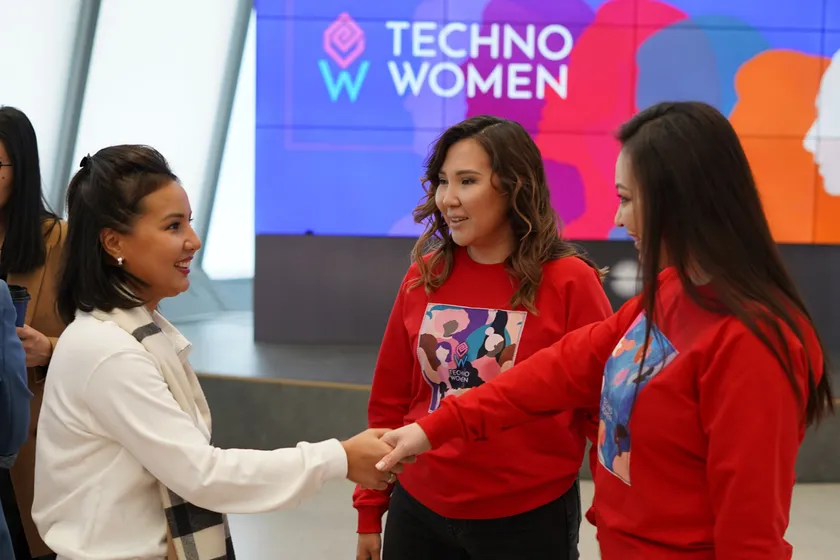Community platform TechnoWomen is a public association that aims to advance the status of Kazakh women and girls by enabling them to reach their full potential in the fields of science, technology, engineering, and mathematics (STEM). The association strives to create an environment for discussion and achieving gender equality in the science and technology industries.
As of now, the association maintains a total of 17 projects in various fields concerning e-commerce, consulting and administration, filmmaking, medical technology, and e-learning.
Some of the startups were present during the TechnoWomen panel at Digital Bridge 2022 held on September 28-29 with project leaders sharing the detail about their work with QazMonitor’s correspondent.
Clever Market: an ecosystem that streamlines communication between consumers and local businesses
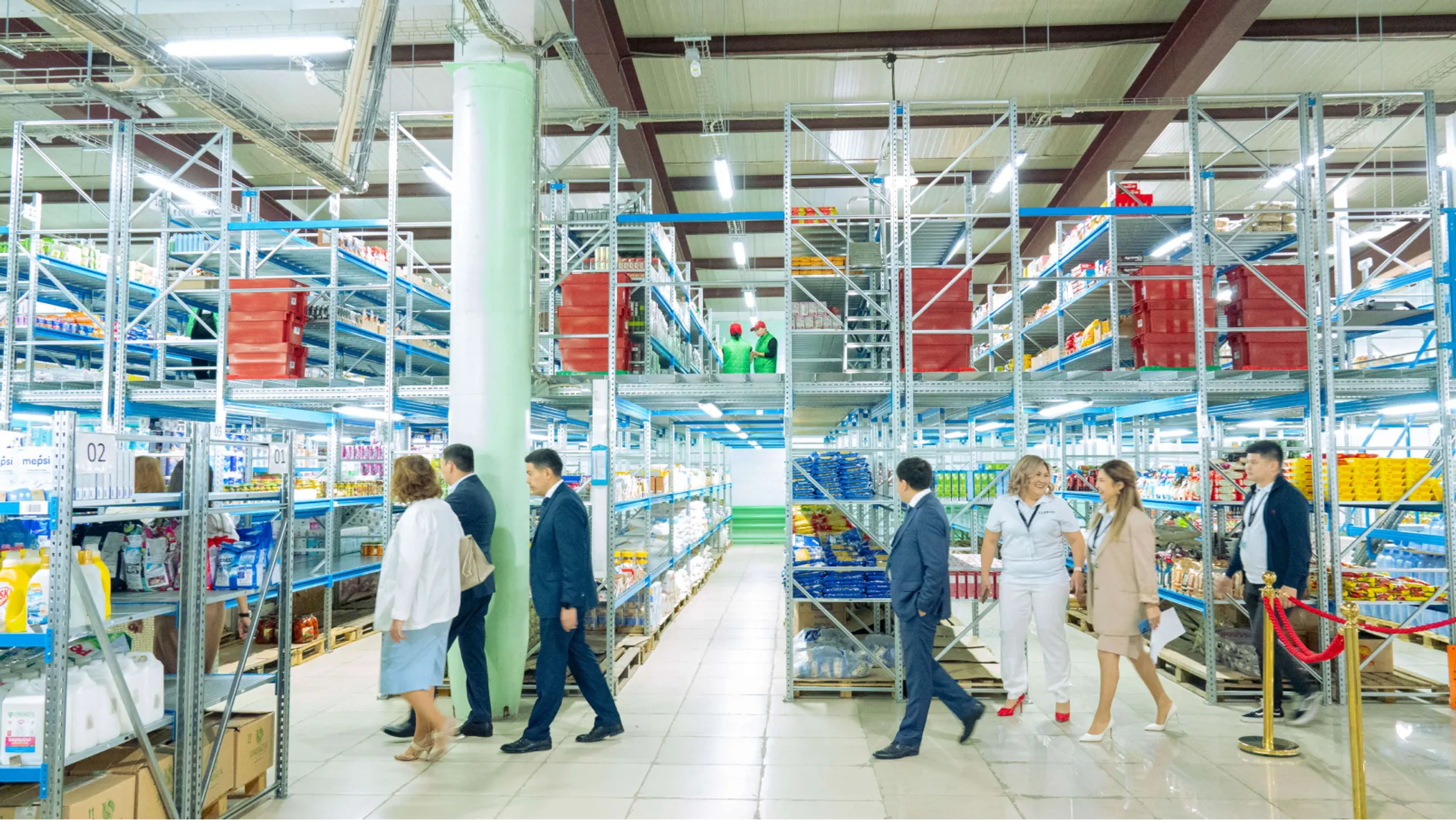
Clever Market is an Astana-based marketplace that launched during the peak of the Covid-19 pandemic in 2021 with an intent to capitalize on the rapidly growing e-commerce base. Clever Market founder and associate of the TechnoWomen, Alua Korpebayeva, started the project with the goal of creating an ecosystem that will allow aspiring local businesses to easily communicate with consumers and provide them quality service.
During the panel session, head of customer service and marketing Alexander Boyko talked more on the logistics.
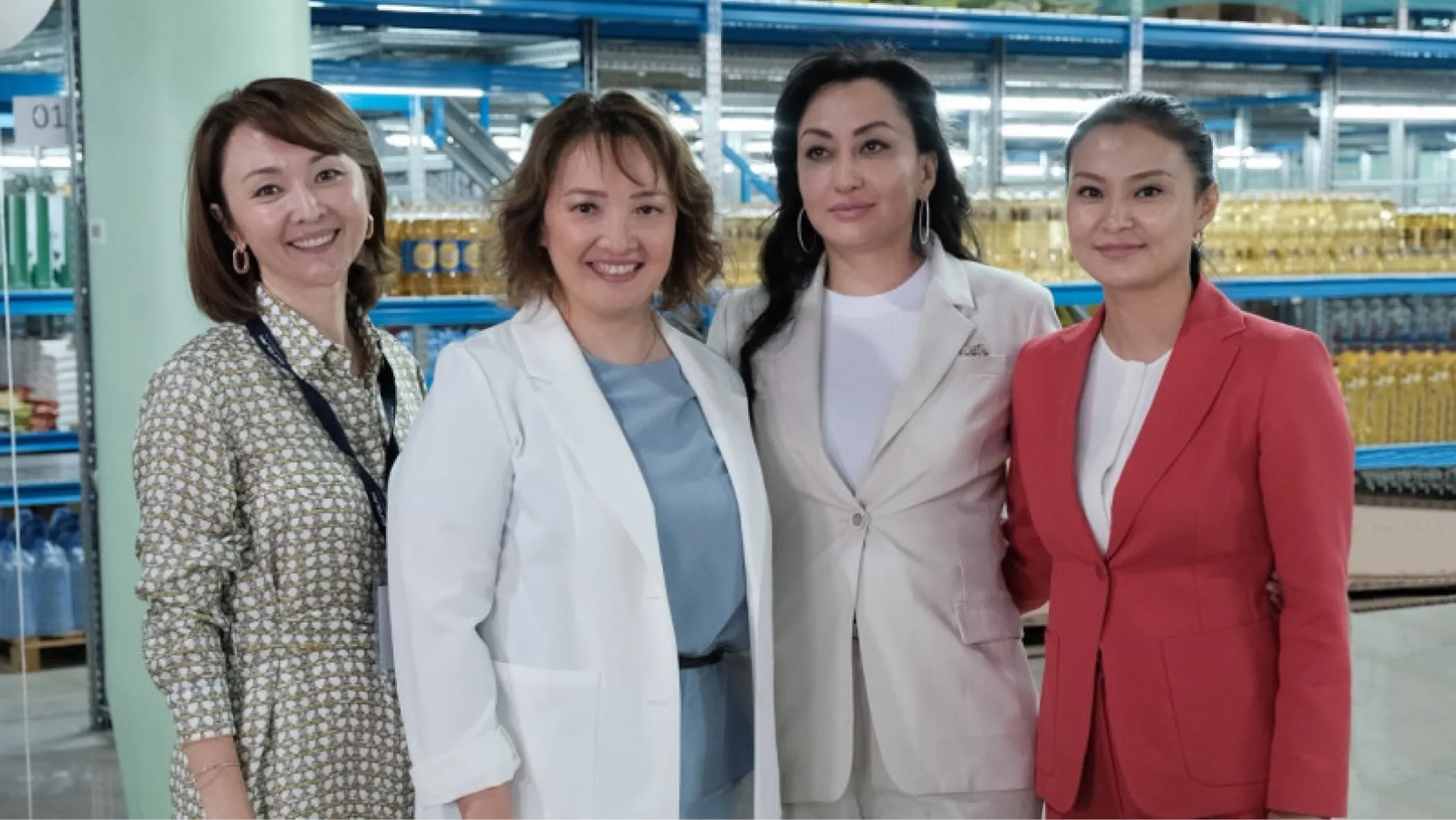
“We’ve opened [the marketplace] a year and a half ago with the food delivery branch being established five months ago. The edge that we have [over the competitors] is fast delivery and with it the freshness of the products. Plus, low prices for goods and, of course, the quality,” he said.
Since the idea behind the Clever Market is the communication between suppliers and consumers, the platform operates on principles of both business-to-business (B2B) and business-to-consumer (B2C).
“Our work with individual customers in Astana entails direct supply from the providers and, in terms of B2B, we work closely with entrepreneurs so that they are able to bring their products and sell them through Clever Market,” added Boyko.
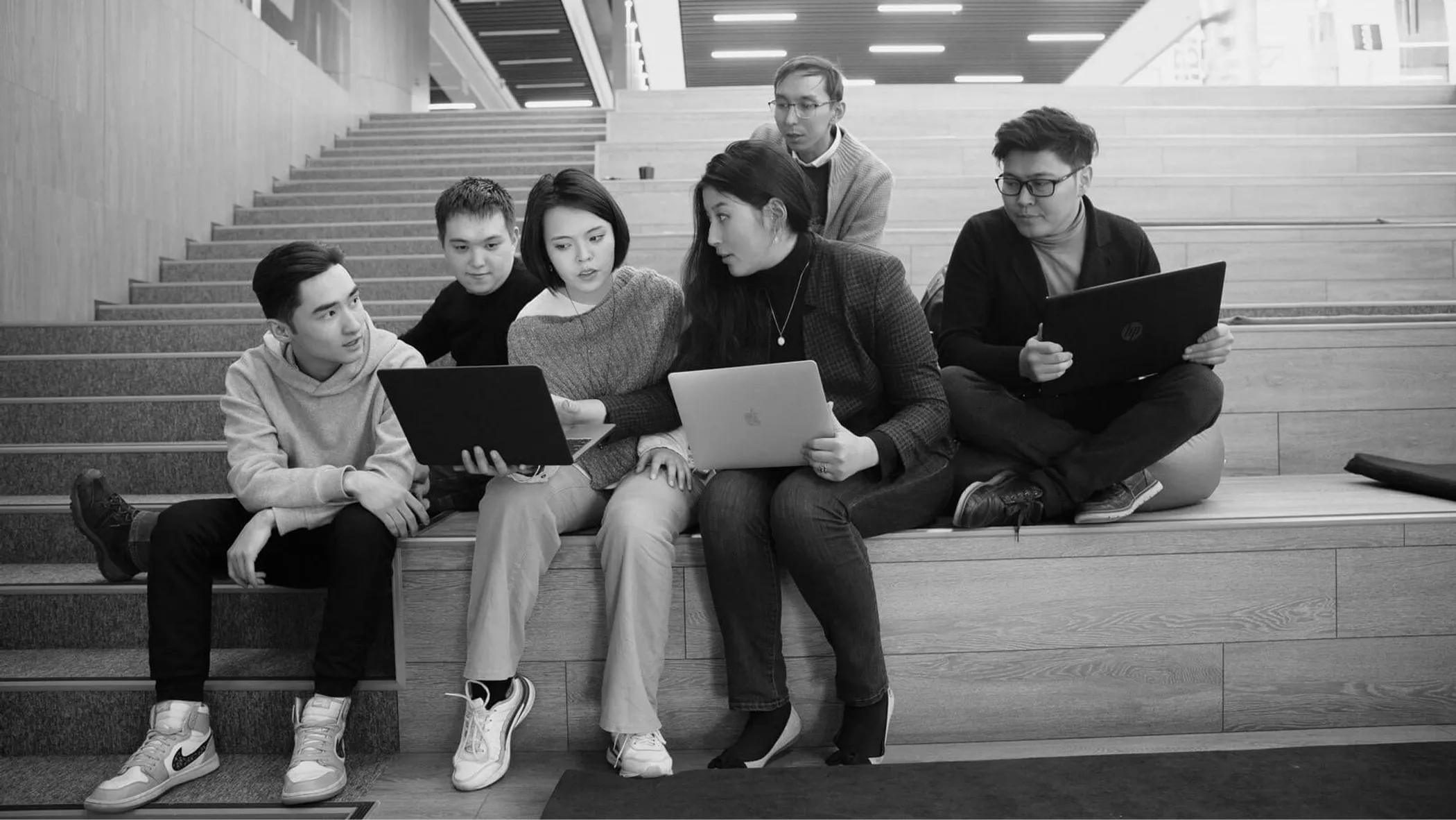
WellDone: “Two out of three information leaks happen because of human error”
Launched in 2016, WellDone Company established itself in the field of e-learning and expanded from employee trainings to a robust platform service that, in addition to its main purpose, is also designed to transition offline courses to an online format.
The company’s director Ilya Rudev was present at the TechnoWomen booth and provided us with in-depth information about WellDone’s operations.
“Overall we occupy the niche of EdTech with the company designing Internet courses of any format per customer’s orders, and we also serve as a remote learning platform”. When asked about who the company’s primary audience is, he continued: “WellDone mainly works in the B2B sphere and our clientele is the corporate and academic sectors. Our core audience is the learning centers and corporate universities - organizations for which education is their main business”.
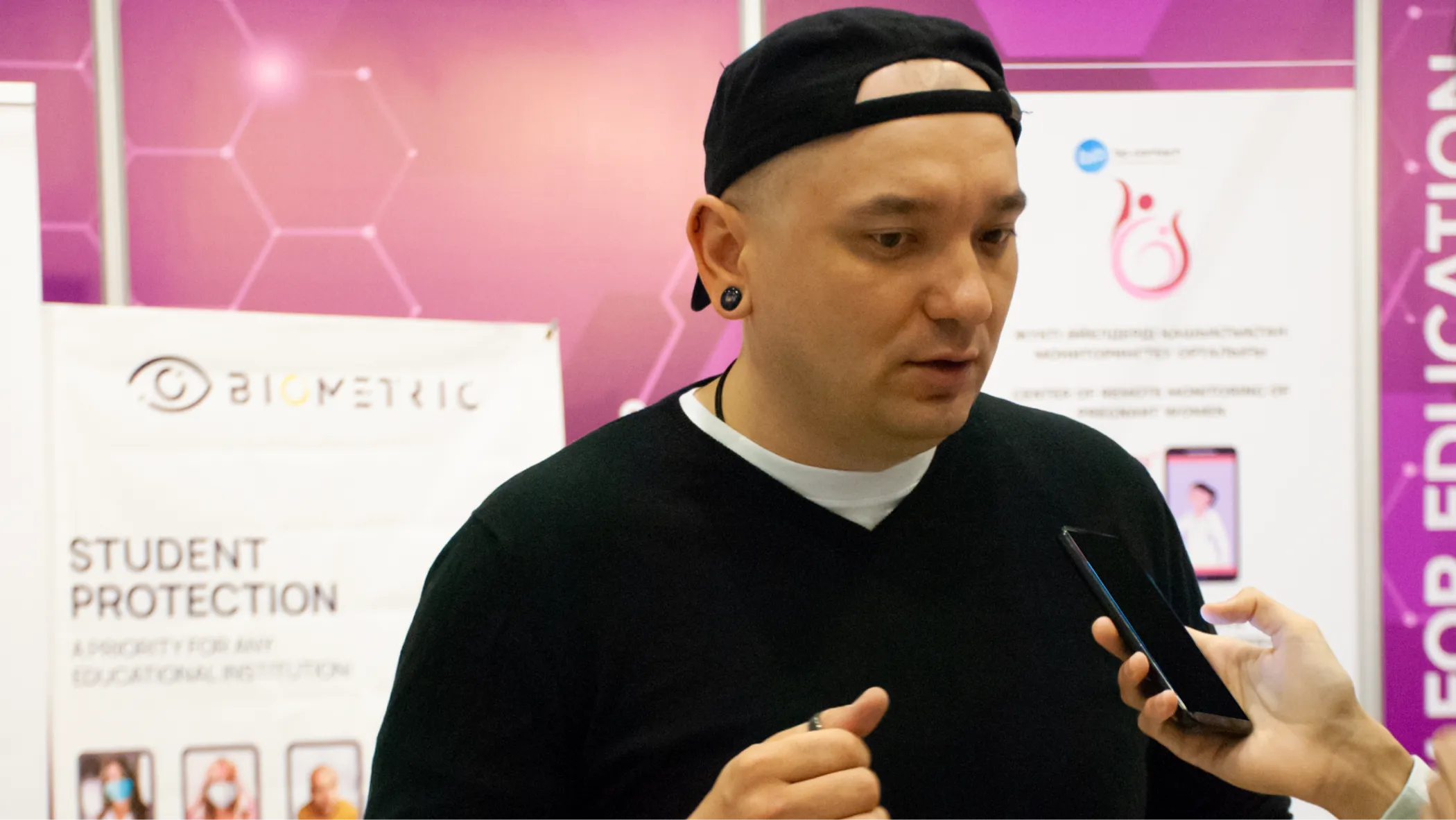
The company also works with government, quasi-government agencies, and individuals. Since all their customers are interested in cybersecurity measures, it started offering a special program.
We aim this basic course for all audiences because, statistically speaking, two out of three information leaks are due to human error.
“It’s a special platform, a learning module, and a phishing attack simulator. The program is intended both for employees and for companies that are concerned about their corporate security. It explains how to identify phishing attacks and how to protect yourself in cyberspace,” said Rudev.

Remote Monitoring Center for Pregnant Women: blending CallTech with MedTech
Initially, the team at BP Contact worked on call center technologies providing other companies with the necessary software. In recent years, they started to implement remote services for the general population. One of its projects, Remote Monitoring Center for Pregnant Women, deals with e-Medicine and provides qualified consultation for expectant mothers.
The projects lead, Operations Director Daria Tomilova, talked about the startup’s origins and company mission.
“We mainly provide services to the general public through government agencies because pregnant women don’t need to visit a doctor to get a qualified consultation. They can just do that remotely via video or phone call,” said the director.
When asked about the association with TechnoWomen, Tomilova expressed her happiness about the startup’s inclusion in the program and said that the association serves as a link between the project and various ministries.
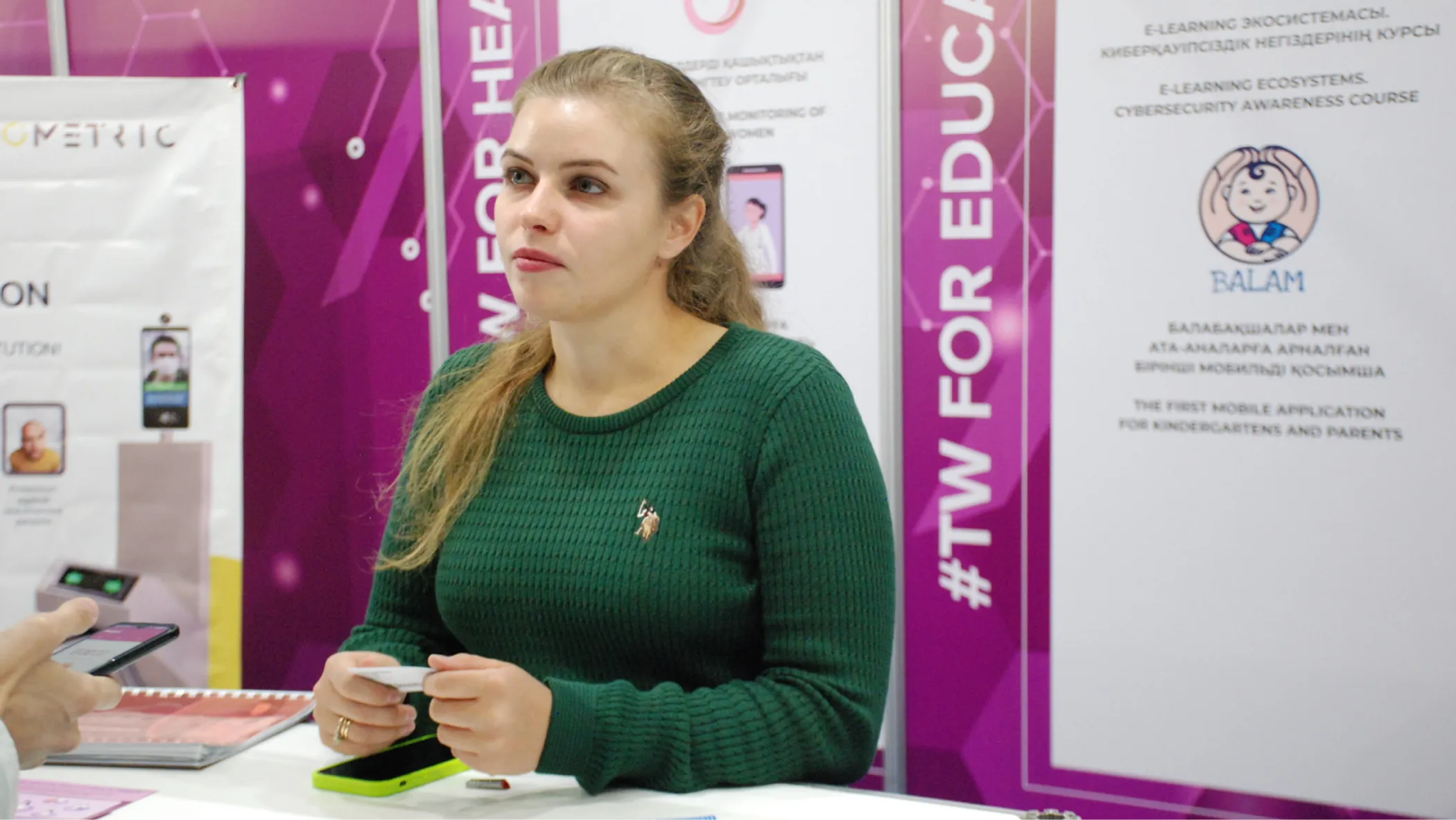
The Ministry of Healthcare and Ministry of Digital Development turn to TechnoWomen to contact us and to discuss the possibility of its [the center's] implementation.
She continued: “During the pandemic, we worked on a project that remotely monitored Covid patients. It’s still active by the way, although there’s a decline in usage. Thanks to it, we decided to try and develop the center in some other direction. That’s where our Remote Monitoring Center comes into the mix.”
